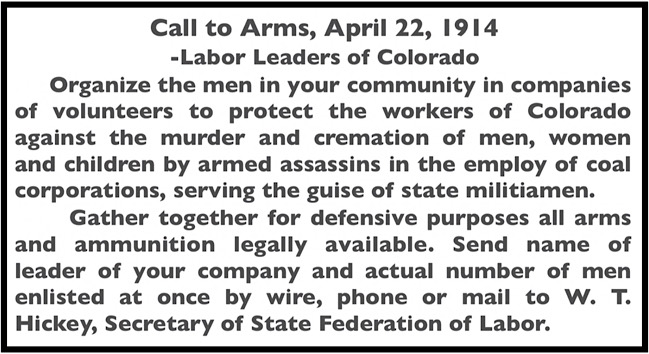 —————
—————
Hellraisers Journal – Wednesday June 3, 1914
“The Class War in Colorado” by Leslie H. Marcy, Part II
From the International Socialist Review of June 1914:
THE CLASS WAR IN COLORADO
By Leslie H. Marcy
[Part II of II]
The Massacre of the Innocents
[-from Rocky Mountain News]
The horror of the shambles at Ludlow is overwhelming. Not since the days when pitiless red men wreaked vengeance upon intruding frontiersmen and upon their women and children has this western country been stained with so foul a deed.
The details of the massacre are horrible. Mexico offers no barbarity so base as that of the murder of defenseless women and children by the mine guards in soldiers’ clothing. Like whitened sepulchres we boast of American civilization with this infamous thing at our very doors. Huerta murdered Madero, but even Huerta did not shoot an innocent little boy seeking water for his mother who lay ill. Villa is a barbarian, but in his maddest excess Villa has not turned machine guns on imprisoned women and children. Where is the outlaw so far beyond the pale of human kind as to burn the tent over the heads of nursing mothers and helpless little babies?
Out of this infamy one fact stands clear. Machine guns did the murder. The machine guns were in the hands of mine guards, most of whom were also members of the state militia. It was private war, with the wealth of the richest man in the world behind th mine guards.
Once and for all time the right to employ armed guards must be taken away from private individuals and corporations. To the state, and to the state alone, belongs the right to maintain peace. Anything else is anarchy. Private warfare is the only sort of anarchy the world has ever known, and armed forces employed by private interests have introduced the only private wars of modern times. This practice must be stopped. If the state laws are not strong enough, then the federal government must step in. At any cost, private warfare must be destroyed.
Who are these mine guards to whom is entrusted the sovereign right to massacre? Four of the fraternity were electrocuted recently in New York. They are the gunmen of the great cities, the offscourings of humanity, whom a bitter heritage has made the wastrels of the world. Warped by the wrongs of their own upbringing, they know no justice and they care not for mercy. They are hardly human in intelligence, and not as high in the scale of kindness as domestic animals.
Yet they are not the guilty ones. The blood of the innocent women and children rests on the hands of those who for the greed of dollars employed such men and bought such machines of murder. The world has not been hard upon these; theirs has been a gentle upbringing. Yet they reck not of human life when pecuniary interests are involved.

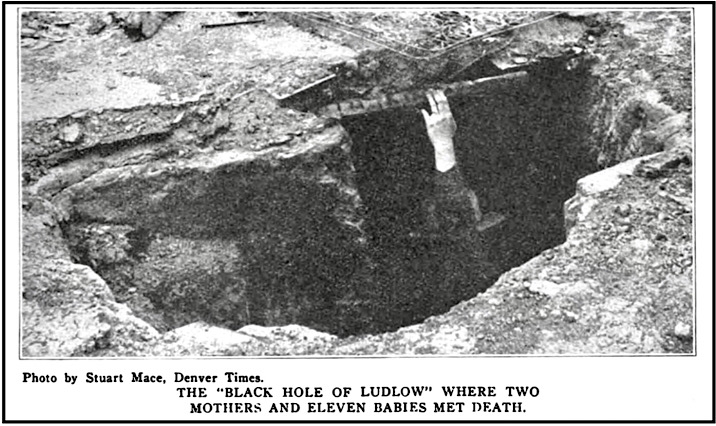
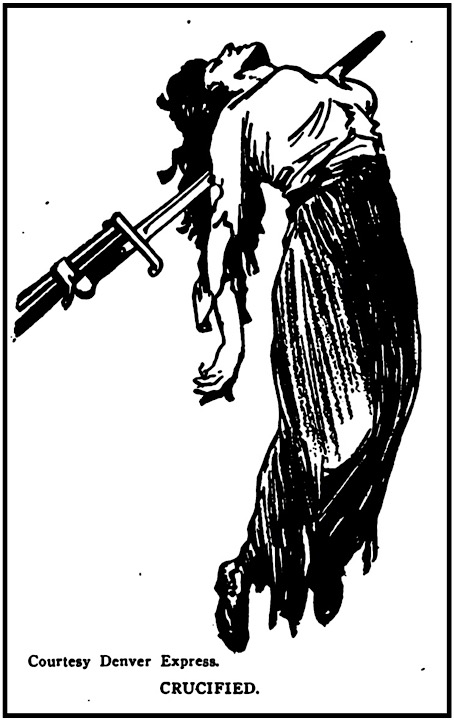
 —————
—————
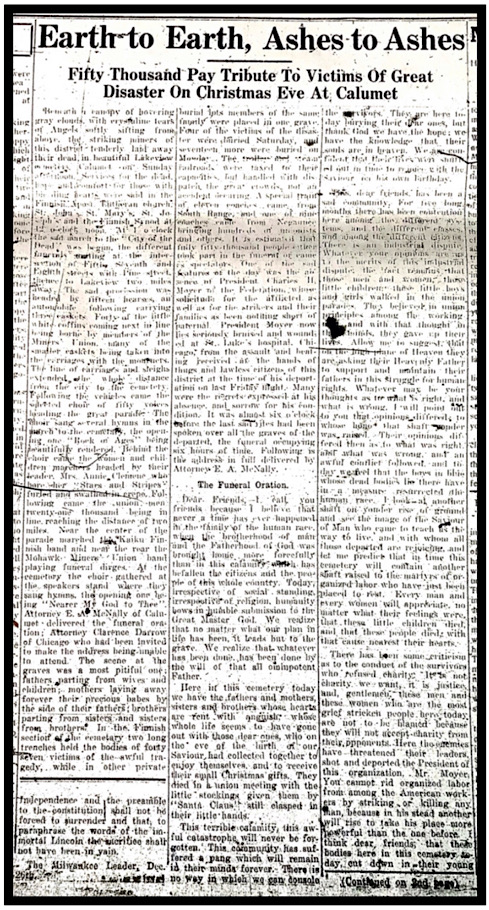
 —————
—————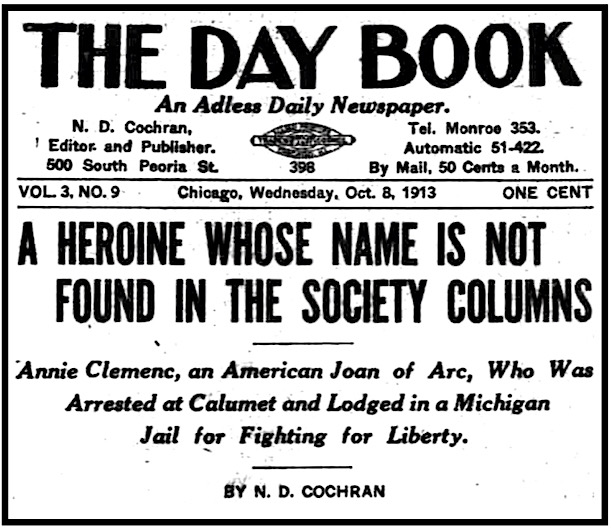
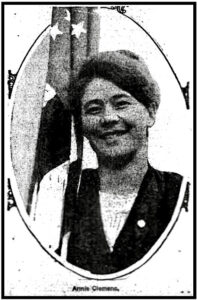
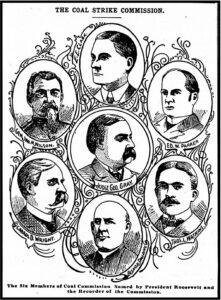
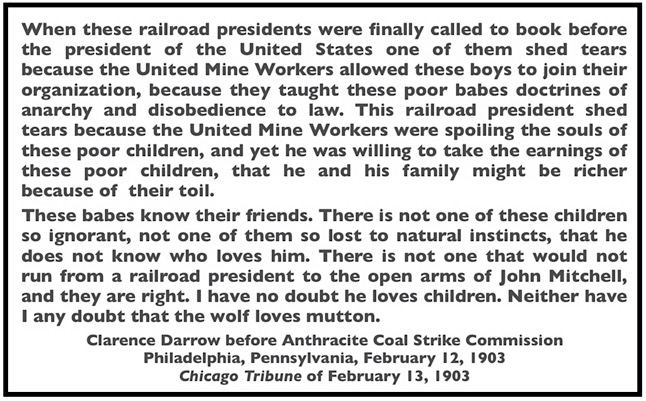 —————
—————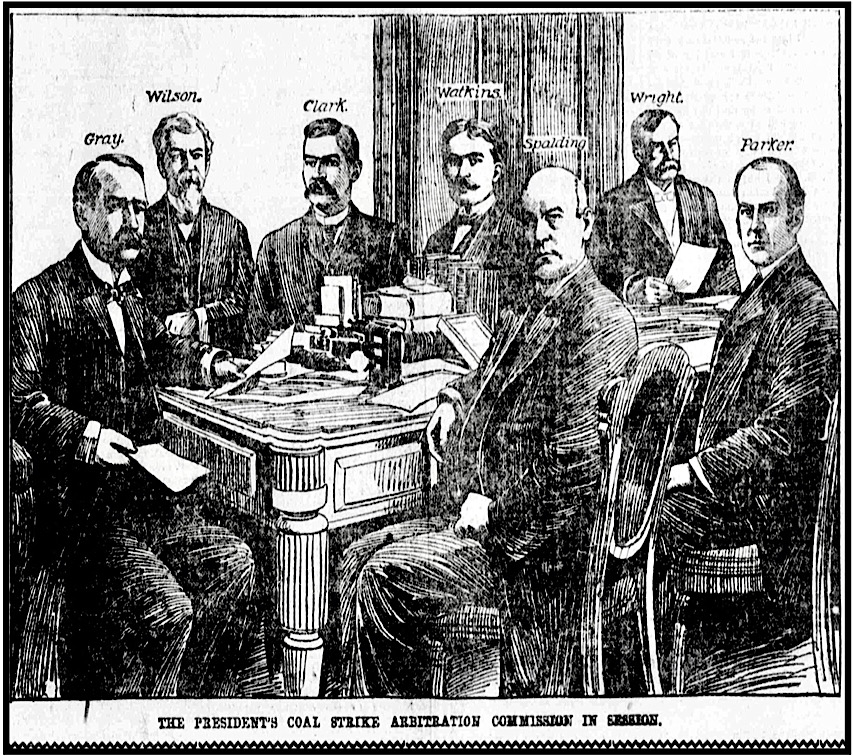
 —————-
—————-
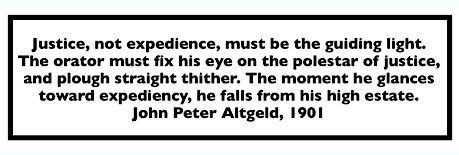 —————
—————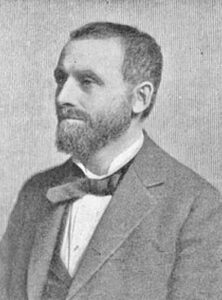
 ———————-
———————-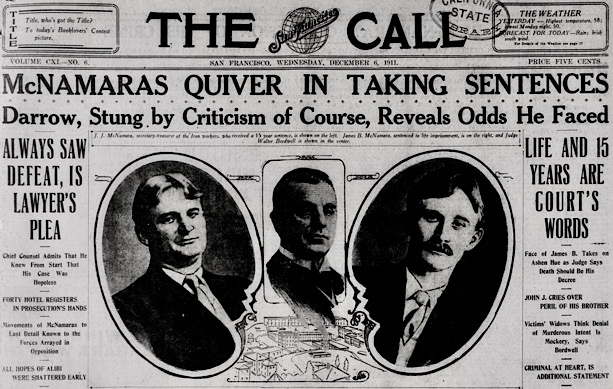
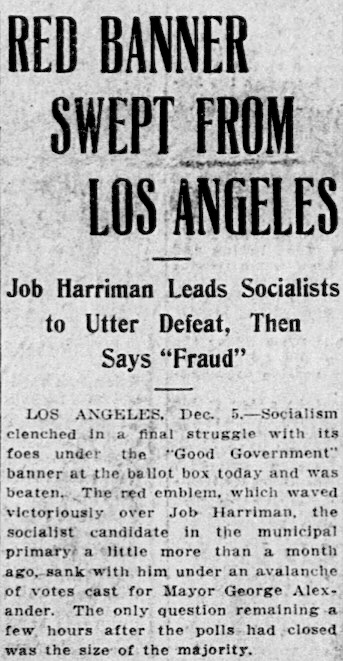
 ———————-
———————-
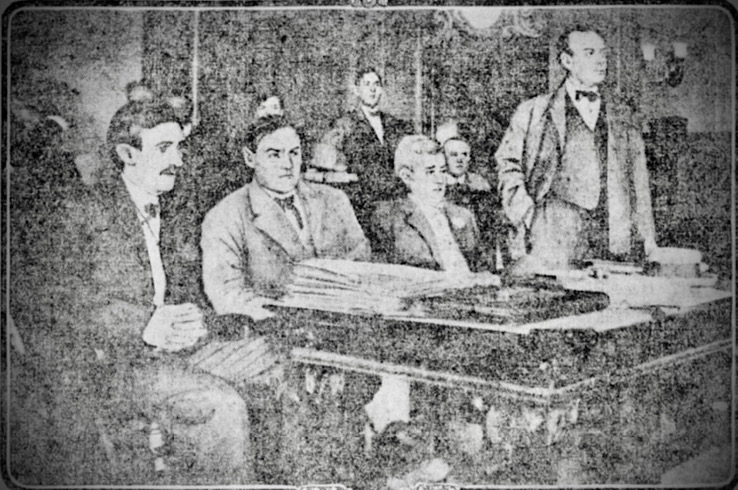
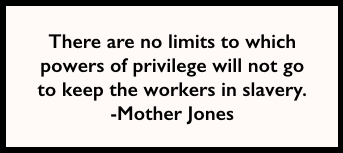 ———-
———-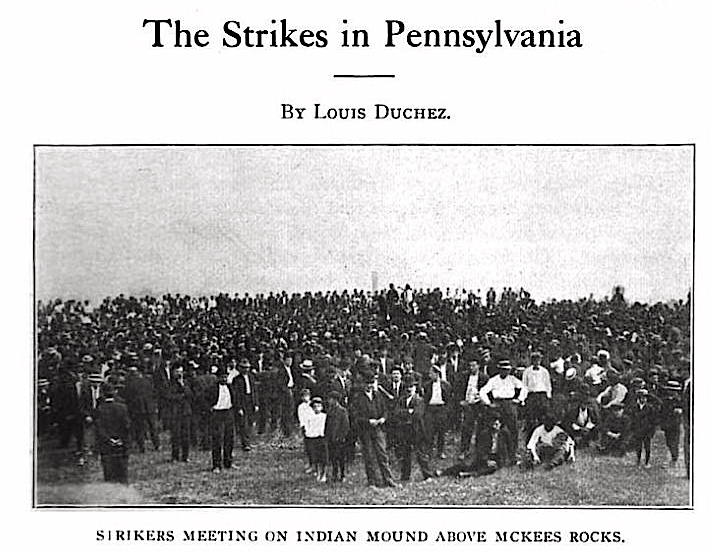 —–
—–